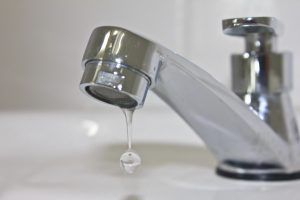STEM STORIES and PBL Unit Created by our Teachers
Catapult PBL Unit Lesson Story
Marble Run PBL Unit Lesson Story
How Big Are the Planets PBL Unit Lesson Story
Rube Goldberg PBL Unit and Story
Earth Quake PBL Unit #1 Lesson Story
Earth Quake PBL Unit #2 Lesson Story ppt
Ecosystem Creature PBL Unit Lesson Story
Every Last Drop: Conservation of Water
SPARK STEM
What do you wonder and notice?

| Science and Math modeling |
This project addresses the following problems-· Most people do not know how much water they use in daily activities· Most people are not aware that water resources are limited.· Many people have established behaviors of water waste and are unaware of the impact to the environment. |
| Problem-based Learning
|
In this project, students will:Analyze the water use (indoor/outdoor) at their schoolWork with community partners to raise awareness about the need to conserve waterEnact behavioral and structural changes to conserve waterFind community partners with similar water conservation goals.Meet with community partners to discuss roles, responsibilities, outcomes and deliverables. |
| Access to Equitable Teaching Practices
|
Building a community in the Classroom· Allow students to research and explore water resource issues in their community.· Encourage community partners to present and/or sponsor field experiences for the students.· Create an open environment for students to brainstorm about their ideas. |
| Rigorous Content Knowledge |
Assess:Preassess and post assess unit objectivesStudent journals, videos, presentations, and action plans should reflect their increased awareness about the need for water conservation.Students are able to successfully present their ideas and recommendation to an authentic audience of decision-makers. |
| Knowledge and Confidence as STEM learner/leader |
Real-world problem solving skills such as:· Reading water bills· Reading water meters· Conducting surveys to determine water use patterns· Develop recommendations for action (Action Plan)· Present recommendations to the community |
| Modified from Resource http://serc.carleton.edu/NAGTWorkshops/servicelearning/activities/39067.html | |



